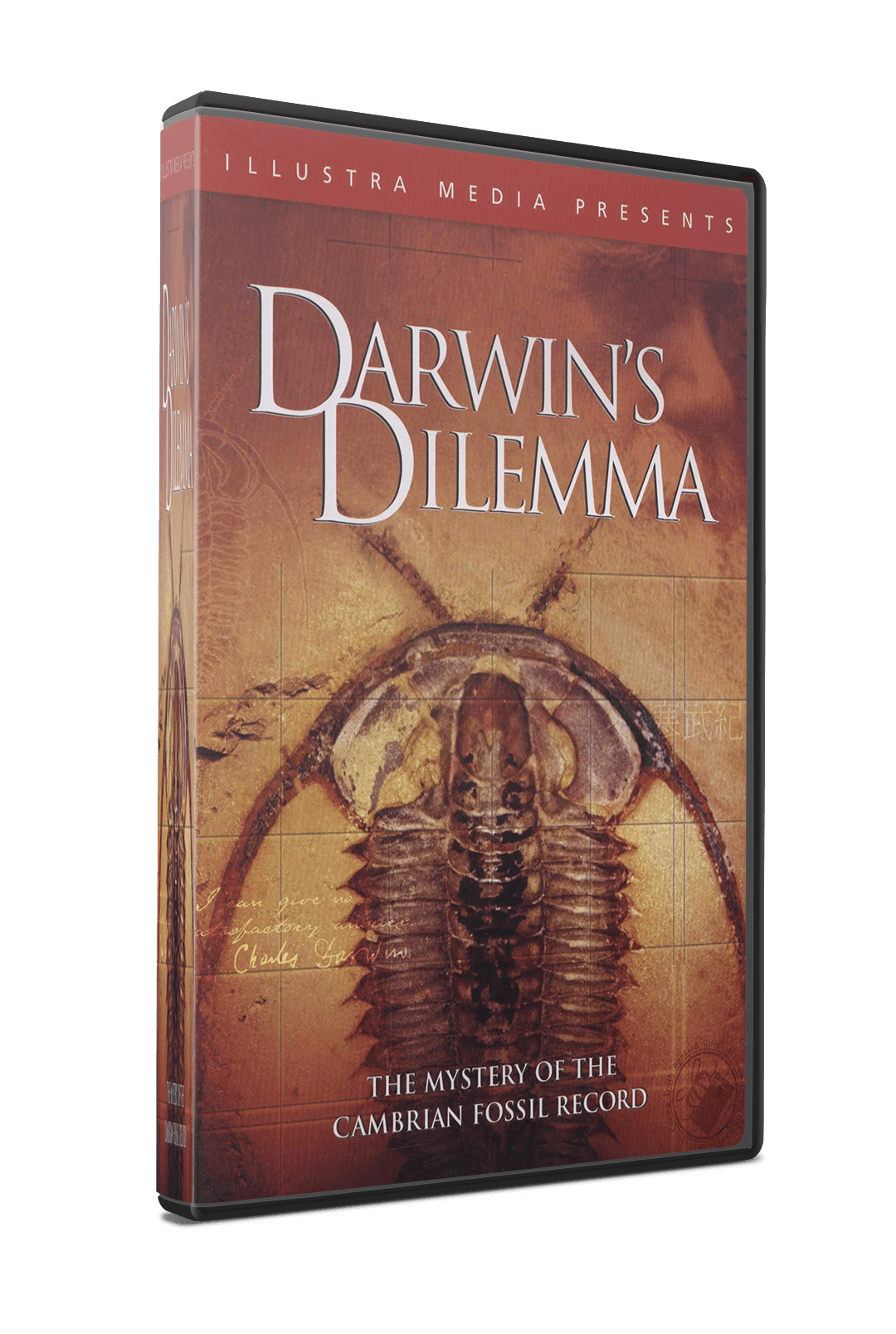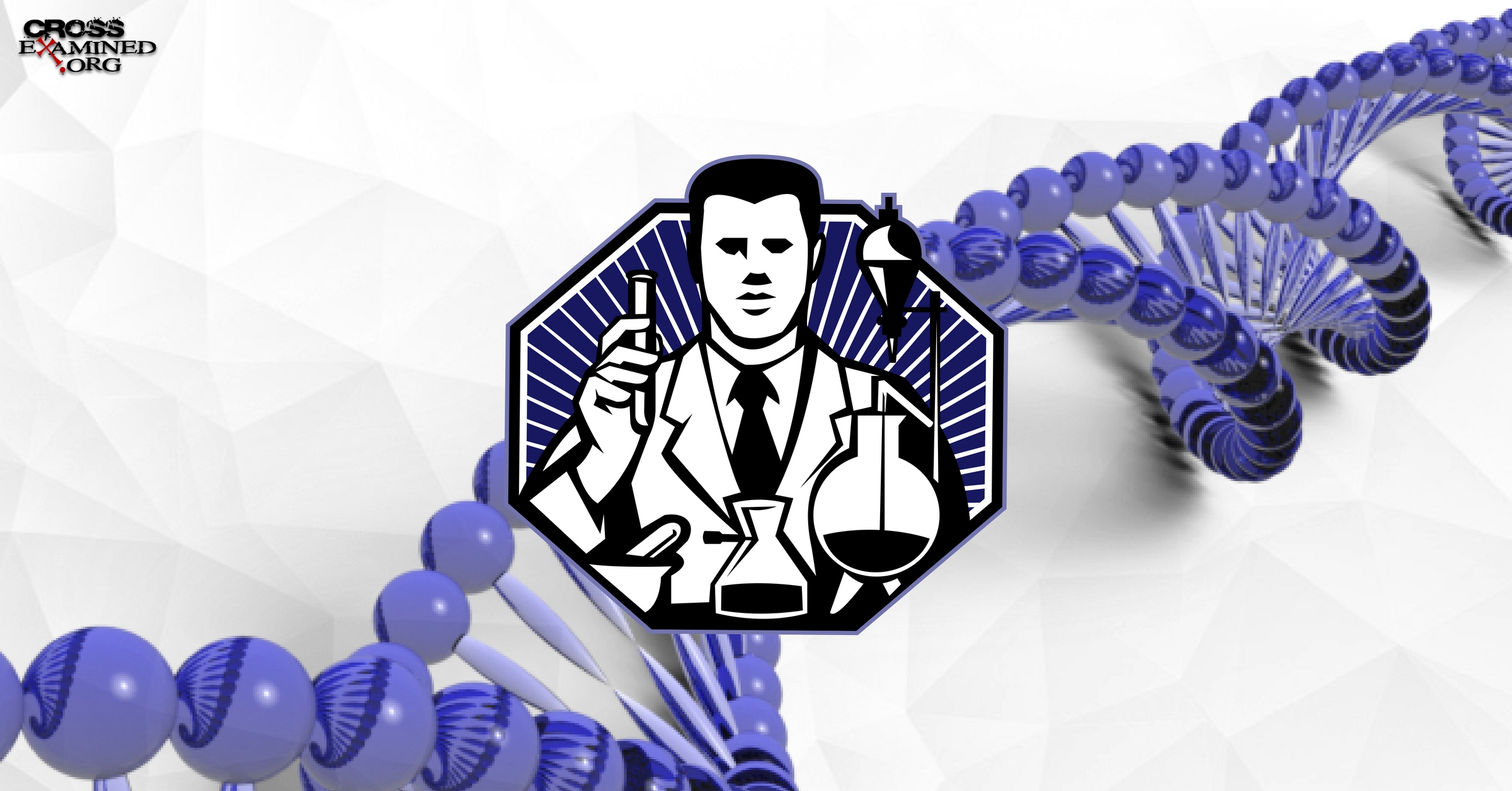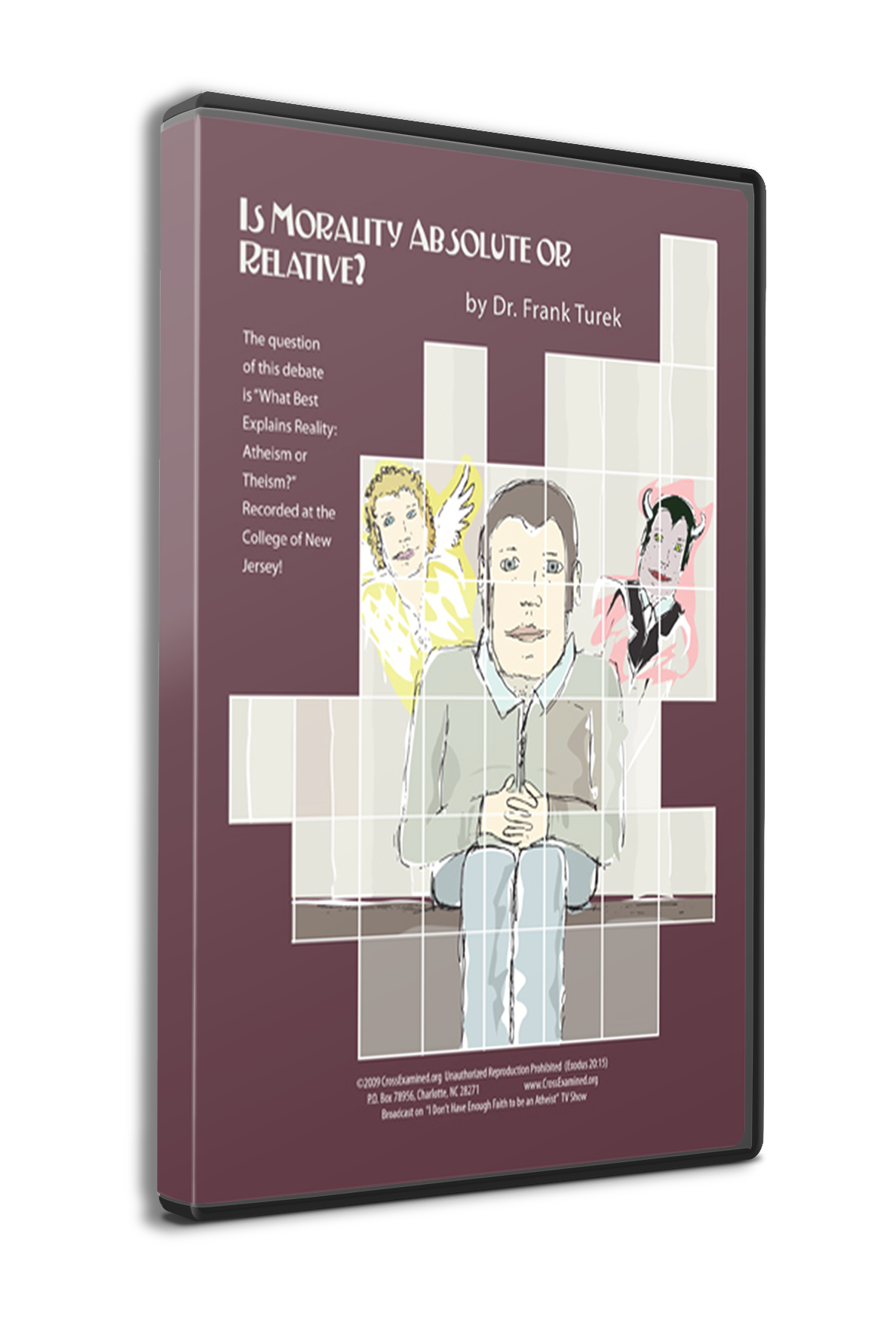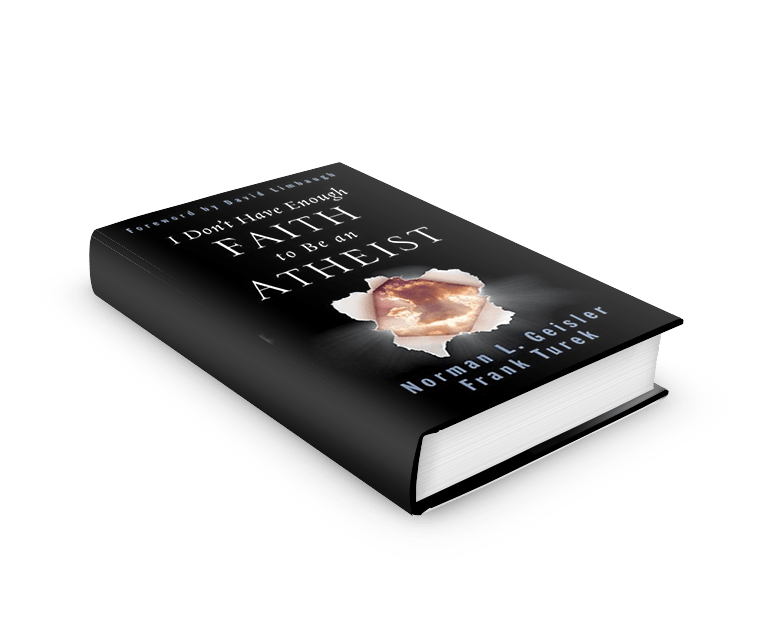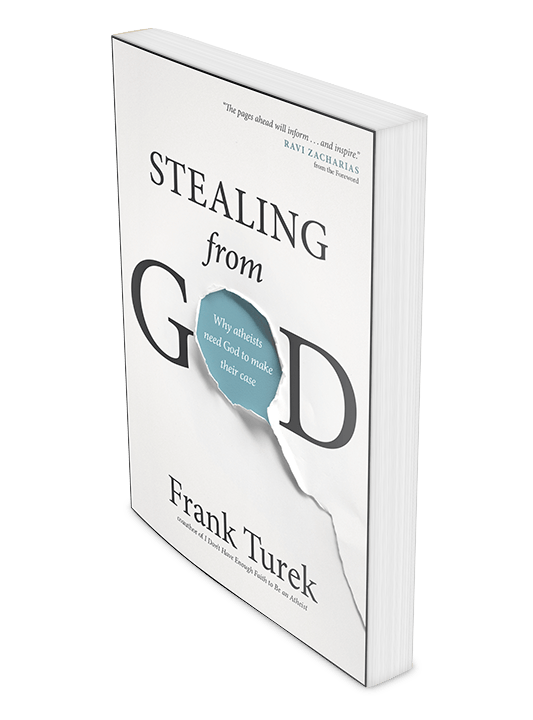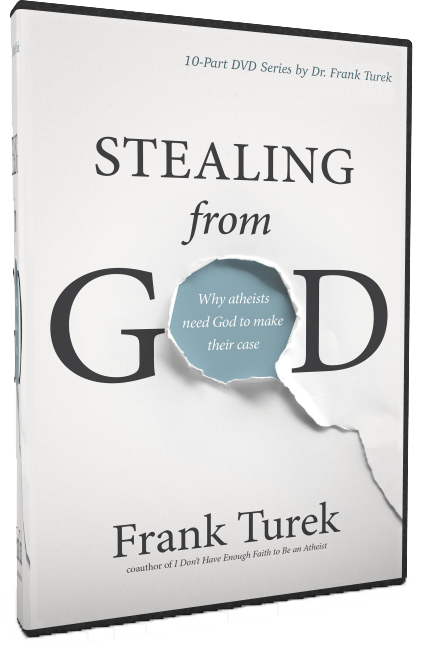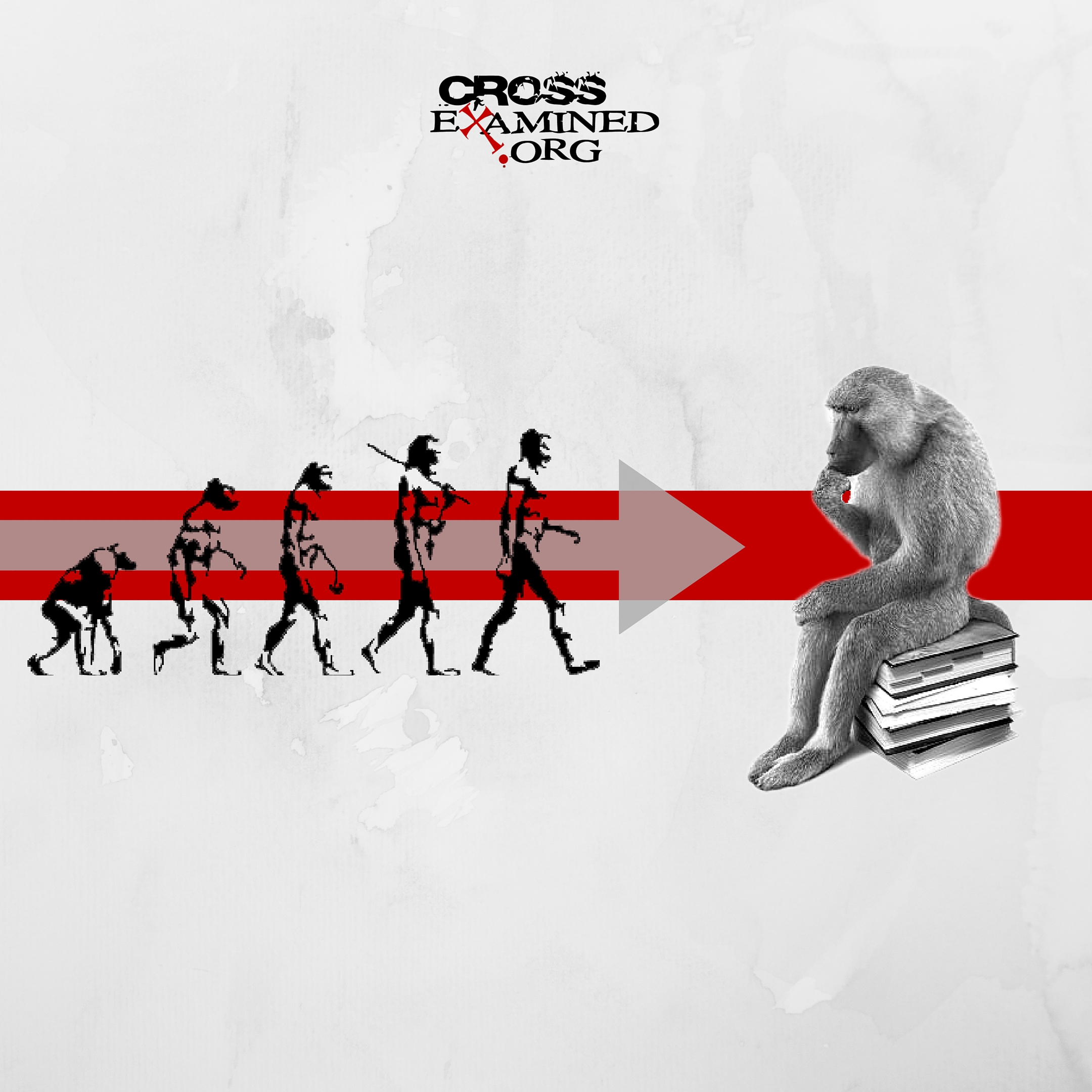By Eric Chabot
How do we know God exists? In the past when I was asked this question I used to automatically jump to an argument for God. I would sit down and try to explain it in detail to the individual. I have now decided to take a different approach and back up: I ask the person “How should we approach the existence of God?” or “ What method should we use?” Now, I know that when you ask a Christian, Jewish person, Muslim, or Mormon how they know what they believe is true, they might just say, “I have faith.” This should cause us to stop and ask if that is an adequate answer. It probably won’t go very far in a skeptical and pluralistic culture. So in this post I want to discuss some of the various ways we can approach the existence of God. I am well aware that there are other methods as well.
#1: The Revelatory Approach
The skeptical issue in our culture mostly enters into the religious dialogue in the following way: In the case of God, who isn’t some physical object but a divine being, what kind of evidence should we expect to find? There is a tendency to forget that the Bible stresses that sin can dampen the cognitive faculties that God has given us to find Him. Therefore, sin has damaging consequences on the knowing process (Is. 6:9-10; Zech. 7:11-12; Matt. 13:10-13). Thus, people are dead, blinded, and bound to sin.
Christianity stresses that the God of the Bible is capable of giving a revelation to mankind through a specific medium. One of the most important themes of the Bible is this- since God is free and personal, he acts on behalf of those whom he loves, and his actions include already within history, a partial disclosure of his nature, attributes, and intensions. Revelation is a disclosure of something that has been hidden– an “uncovering,” or “unveiling.” There are three things that are needed for a revelation to take place: God, a medium, and a being able to receive the revelation.
The mediums God uses in the Bible are General Revelation (The Created Order/Conscience; Rom. 1&2); Special Revelation: Jesus (John 3:16; 14:9; Colossians 2:9; Heb. 1:1-2), The Bible (2 Tim. 3:16); Miracles, Prophecy, Theophanies, Missionaries/Messengers, and other means as well.
But why the need for revelation? First, we need to know the character of God. Hence, we need a clear communication to establish the exact nature of God’s character. Who is God and what is He like? Also, we need a revelation to understand the origin of evil/the Fall. In other words, we need to be educated concerning the reasons for where we are at as a human race. Furthermore, without a clear revelation, people might think they are the result of a blind, naturalistic process instead of being created in the image of God. And without a clear revelation we would not know our destiny.
Also, people often lament that God should just give them direct evidence of Himself in a way that will cause people to follow Him (e.g, write his name in the sky or have a resurrected Jesus appear to everyone today). The problem with this desire is most people don’t know what they are asking for. Biblically speaking, people can’t see God and live (see Exodus 33:20). Therefore, that is why God picks a specific medium to reveal Himself to humanity. Furthermore, even if people had direct evidence, it does not mean they will love God and follow Him.
Challenges to the Revelation Argument
There is no doubt going to be challenges to the revelation argument. After all, the Bible is considered to be God’s revelation to mankind. However, The Quran, The Book of Mormon, and other holy books are also to considered to be The Word of God. Who has it right? The late Christopher Hitchens said:
Since all these revelations, many of them hopelessly inconsistent, cannot by definition be simultaneously true, it must follow that some of them are false and illusory. It could also follow that only one of them is authentic, but in the first place this seems dubious and in the second place it appears to necessitate religious war in order to decide whose revelation is the true one. [1]
That is why the revelation argument will generally lead us to utilize historical apologetics (see next point).
#2: Historical Arguments/Prophecy
When it comes to historical arguments, we ask if God has revealed Himself in the course of human history? If so, when and where has He done this? We can look at religious texts and see if they pass the tests for historicity. Also, see here. Thus, we enter the domain of historical apologetics.
Let me first expand on the miracles/prophecy issue a little bit: There seems to be a pattern of how God works in the history of Israel. Every time he is doing something new in their midst, he confirmed what he was doing through a prophet. Signs are used to provide evidence for people to believe the message of God through a prophet of God.
We see this is an important feature with Moses and Jesus:
1. God says to Moses, “I will be with you. And this will be the sign to you that it is I who have sent you” (Exod. 3:12).
2. When Moses asks God, “What if they do not believe me or listen to me?” the Lord gives Moses two “signs”: his rod turns into a snake (Exod. 4:3) and his hand becomes leprous (Exod. 4:1–7).
3. Moses “performed the signs before the people, and they believed; … they bowed down and worshiped” (Exod. 4:30–31).
“Sign” (sēmeion) is used seventy-seven times (forty-eight times in the Gospels). Remember that the prophet Isaiah spoke of a time where miraculous deeds would be the sign of both the spiritual and physical deliverance of Israel (Isa.26: 19; 29:18-19; 35:5-6; 42:18; 61:1). Also:
- The word “sign” is reserved for what we would call a miracle.
- “Sign” is also used of the most significant miracle in the New Testament, the resurrection of Jesus from the grave.
- Jesus repeated this prediction of his resurrection when he was asked for a sign(Matt. 16:1, 4). Not only was the resurrection a miracle, but it was a miracle that Jesus predicted (Matt. 12:40; 16:21; 20:19; John 2:19).
- Nicodemus said of Jesus “We know you are a teacher who has come from God. For no one could perform the miraculous signs you are doing if God were not with him” (John 3:2).
- “Jesus the Nazarene was a man accredited by God to you by miracles, wonders and signs, which God did among you through him, as you yourselves know” (Acts 2:22).
To see more, see our post “Who Do You Say I Am? A Look at Jesus
Also, former atheist Anthony Flew said the resurrection of Jesus was the best attested miracle claim that he had seen (see There Is A God? How the World’s Most Notorious Atheist Changed His Mind(New York: Harper Collins, 2007). Also, to see more on the prophecy issues, See our post: “Who is the one true God: A Look at Prophecy as a Verification Test and The Argument from Miracles: A Cumulative Case for the Resurrection of Jesus of Nazareth.
#3 God as an Explanatory Hypothesis?
Paul says that God’s existence and attributes can be “clearly seen” (Romans 1:18-20) since they have been “shown” to the unbelieving world through “the things that are made” (nature). Notice that Paul never posits that we can view God as a material object. But he does say that people should be able to look at the effects in the world and infer that there is a Creator. When we observe the effects in the world, we can infer
there are two kinds of causes—natural and intelligent. In other words, there are really two general kinds of explanations for events: intentional accounts (which demonstrate signs of value, design, and purpose) and non-intentional accounts (which lack values, design, and purpose). (2) Generally speaking, there is mass confusion over the difference between Agency and mechanisms.
Agents have goals and plan ahead. Mind or intelligence is the only known condition that can remove the improbabilities against life’s emergence. It is hard to see how a blind, naturalistic, undirected process could anticipate the universe that is required for our life to get started on our present earth and then go on to create life from non-life as well as the genetic code, etc.
C.S. Lewis said that “I believe in Christianity as I believe that the Sun has risen, not only because I see it, but because by it I see everything else.” (see The Weight of Glory). To apply what Lewis said, we might utilize what is called inference to the best explanation. The inference to the best explanation model takes into account the best available explanation in our whole range of experience and reflection. An example of this approach is seen in a book like A Meaningful World: How the Arts and Sciences Reveal the Genius of Nature by Benjamin Wiker and Jonathan Witt.
To see a short example of this approach online, see The Return of the God Hypothesis by Stephen C. Meyer or Paul Copan’s God: The Best Explanation
Also, using God as an explanatory explanation is seen in philosophical theology or natural theology arguments. The book The Blackwell Companion to Natural Theology does a fine job in handling this issue.
#4: Pragmatic Arguments?
Many people might ask why I would bring this one up. The reason I mention it is because about 70% of people I talk to about Christianity object to it by saying “I don’t understand what difference Christianity would make in my life?” This is a very popular approach. In this argument, many people say their religious beliefs have been tried and tested in the reality of life. Thus, they think their beliefs correspond to reality because they do make a difference. In other words, “Christianity works because it is true!”
This does have some merit. After all, if the Christian faith is the one true path, it should make a radical difference in the reality of life. The challenge of this argument is that in some cases, it seems Christianity doesn’t work. Christians have challenges in their families, work related issues, and relationships. However, just because Christians don’t always reflect the character of Jesus and don’t always show the difference it makes, this doesn’t mean Christianity is false. Furthermore, the Gospel is not “What Can Jesus Do For Me?” but instead a call to die to ourselves and follow the Lord (Luke 9:23).
It could be that the person is not under healthy teaching/discipleship, or they are living in sin. So the pragmatic argument can be a tricky one. Everyone knows Christians have done some amazing things for the world (see here), but we also have some inconsistencies.
Conclusion:
I can say from experience that people have come to know the Christian faith is true for a variety of reasons. There are several other approaches to the existence of God. I hope that has caused you to go further in the question of God’s existence.
Sources:
1. Christopher Hitchens, God is Not Great: How Religion Poisons Everything (New York: Hachette Book Group, 2009), 97-98.
2. Charles Taliaferro, Philosophy of Religion: A Beginners Guide (Oxford: Oxford Publications, 2009), 70.

Visit the Christian Apologetics Alliance Now >>
Resources for Greater Impact

I Don’t Have Enough Faith to Be an Atheist (Book)
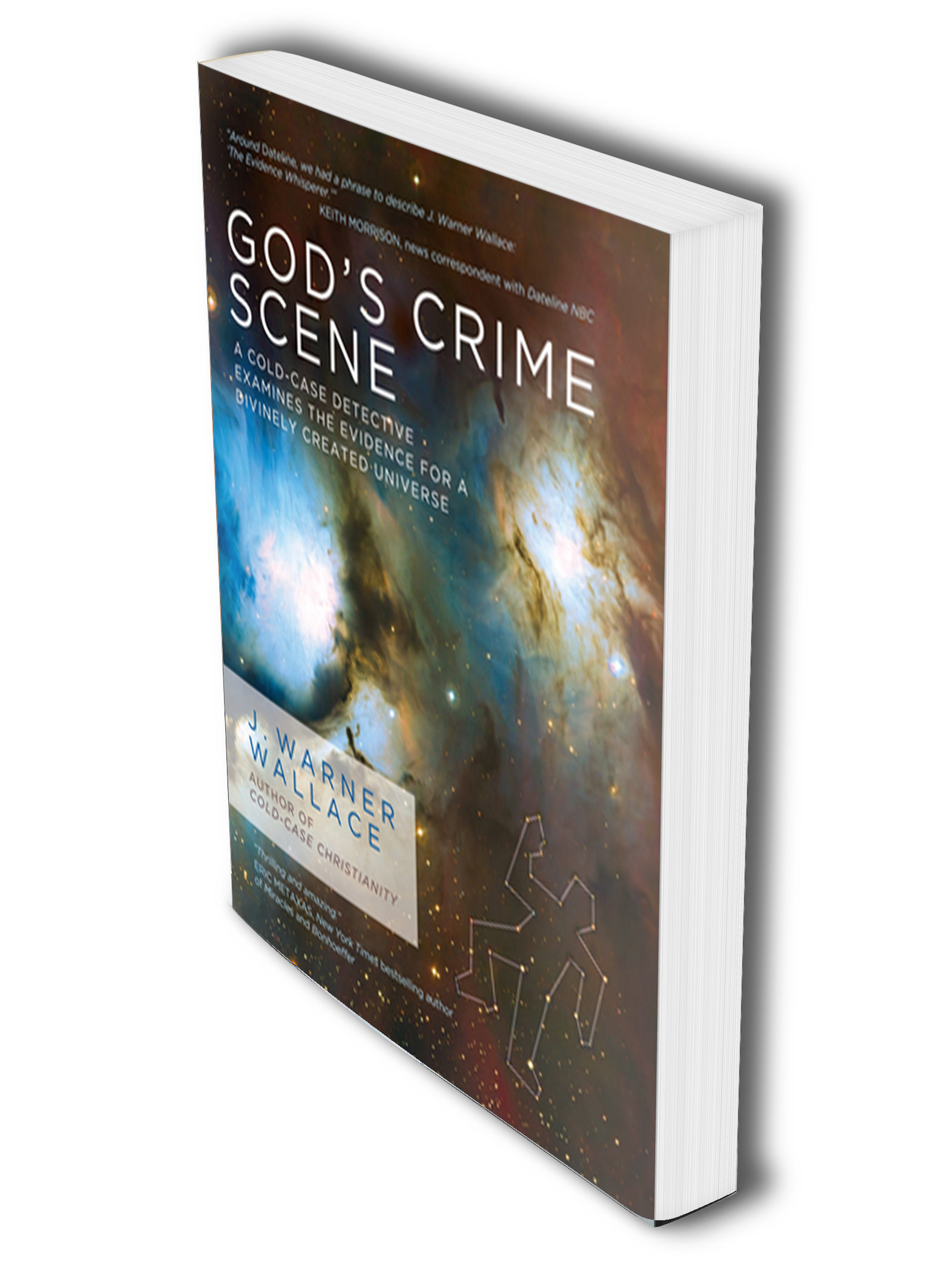
God’s Crime Scene (Book)
